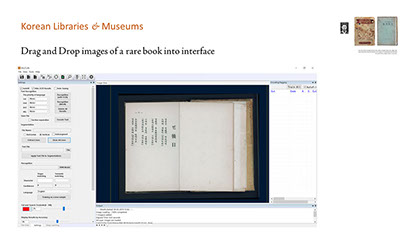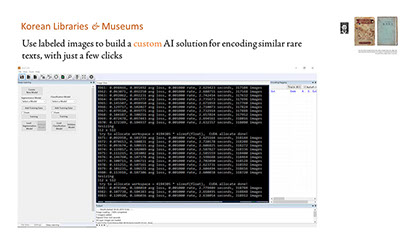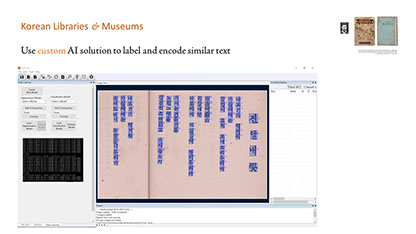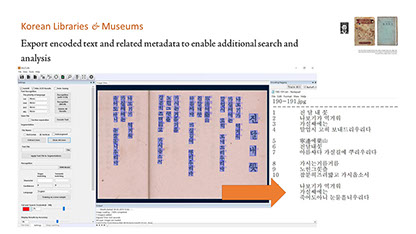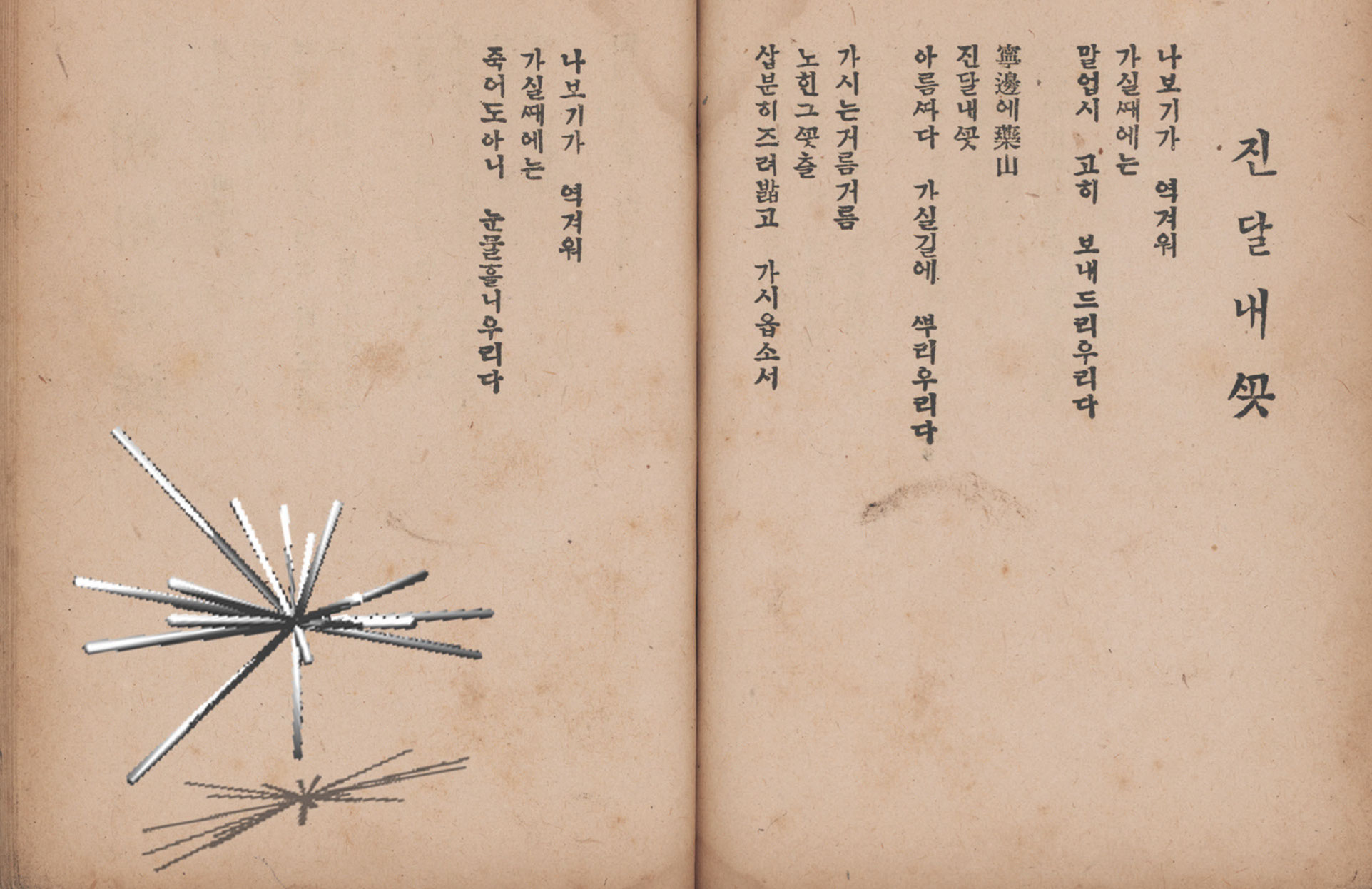
Korea
text
INITIATIVE
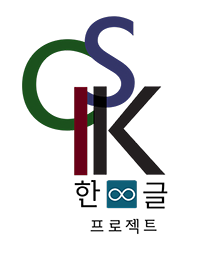
The Korea Text Initiative is a project of the Cambridge Institute for the Study of Korea, a not-for-profit 501(c)(3) corporation. Our mission is to promote and enable the creation, collection, dissemination, and preservation of texts from and about Korea. We are a network of professionals who engage with texts that have a relationship to ever evolving (and often contested) concepts of “Korea.” Our team includes writers, artists, translators, librarians, curators, book collectors, technologists, business people, and academics.
Korea Text initiative
Korea Text Initiative Established 2014
Mark Byington, Edward Baker, and Wayne de Fremery found the Cambridge Institute for the Study of Korea (CISK), a non-profit research organization located in Cambridge, Massachusetts. Wayne begins work as Director of the Korea Text Initiative at CISK.
Institutional Partners
Seagate
Seoul, South Korea
Microsoft Korea
Seoul, South Korea |
Intact Digital
Cambridge, UK
Korea Text Initiative Receives Grant to Create a Journal and Website Devoted to Sijo June 2016
Sijo is a traditional Korean verse form that has roots stretching back to the fourteenth century. The grant will help create a venue where poets working in English can learn about and experiment with the centuries-old form.
UIC History Research Institute
Yonsei University, Seoul, South Korea
Electronic Cultural Atlas Initiative
UC Berkley, USA
Korea Text Initiative Partners with Intact Digital to Ensure Korea's Digital Heritage June 2016
|
INTACT Digital ensures reliable access to digital content by combining virtualization of computing systems and transformation of data and document formats. Intact Digital and the Korea Text Initiative have collaborated to create a digital continuity plan that will ensure software and data services developed by the Korea Text Initiative are "future proofed."
National Assembly Library of Korea
Seoul, South Korea
St. Mary's College of California
Moraga, USA
Korea Text Initiative Wins Grant from Microsoft September 2016
The Korea Text Initiative is a awarded one of nine highly-competitive grants offered by Microsoft as part of its Cloud for Global Good program. The grant will enable the KTI to share its innovative approaches to engaging Korean texts by offering the power of cloud computing and new, cutting-edge text mining and text modeling services to humanities researchers, artists, and readers around the world.
KTI Partners with the Sunyoung Oh of City University of Hong Kong to Investigating Extinct Korean Graphemes January 2017
This project utilizes Mo文oN_Cut&Search image-pattern matching techniques and the power of cloud computing to investigate the historical use of Hunmin Chŏngŭm, the alphabetic writing system developed in the fifteenth-century Korea. The aim is to gain insights into the Korean language and an understanding of the sounds associated with the panch’iŭm (ㅿ) and the double hieŭt (ㆅ) , as well as change in the sounds used in present-day Korean.
KTI Begins Collaboration on Machine Learning Project that Teaches Computers to Read the Tripitaka Koreana January 2017
Mo文oN_Cut&Search image-pattern matching software, cloud enabled machine learning techniques, and data from the Electronic Cultural Atlas Initiative at UC Berkeley will be used to train computers to read images of more than 10 million characters on 180,000 woodblock pages of the Tripitaka Koreana, a thirteenth century collection of Buddhist texts.
Korea Text Initiative Partners with the National Assembly Library of Korea January 2017
The KTI begins a collaboration with the National Assembly Library of Korea that aims to make Mo文oN_Cut&Search and the power of cloud computing available to library patrons so that the library's unique collection and Korea's rich textual tradition can be mined, mapped, and explored in ways never before been possible.
KTI Sponsors "Texts as Data—Data as Texts" Workshop with the UIC History Research Institute at Yonsei University January 2017
This informal workshop sponsored by the KTI and the UIC History Research Institute at Yonsei University was an opportunity for participants to consider how texts might be read as data and, conversely, how data might be read as texts. Presenters Wayne de Fremery, Chad Denton, Hyunju Bae, and Cindy A. Nguyen offered ideas about the relationship between texts and data in the morning session and presented new tools for de/constructing data and con/texts in the afternoon.
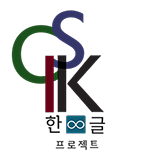
12 Hayward Ave., Lexington, Massachusetts, 02421, email: pwdef@ciskorea.org
Korea Text Initiative
Cambridge Institute for the Study of Korea
Get Involved!
Wish to support the kind of high-return research undertaken by the Korea Text Initiative? Drop us a line. Contribute by sharing your latest poems and stories, your great textual data, or your inspired code. Request a trial of innovative text mining and 3D modeling software. Propose a collaborative project. Invest in the Korea Text Initiative, its individual projects, or individual scholars. Or just send good wishes. We'd love to hear from you.
KTI Publishes First Issue of Sijo an international journal of poetry and song January 2018
Sijo an international journal of poetry and song is devoted to publishing germinative poetry, art, and song that claims to participate in the sijo tradition, which has roots in Korean antiquity. The first issue of the journal was released in a limited edition of 300 copies to coincide with sijo writing workshops and performances at St. Mary's College of California on January 25. For more information about the journal and its wider release in April, visit sijopoet.org.
KTI Publishes Second Issue of Sijo an international journal of poetry and song March 2019
Sijo an international journal of poetry and song is devoted to publishing germinative poetry, art, and song that claims to participate in the sijo tradition, which has roots in Korean antiquity. The second issue of the journal was released in a limited edition of 300 copies to coincide with sijo writing workshops and performances at UC Berkeley, St. Mary's College of California, and Washington University in St. Louis. For more information about the journal, visit sijopoet.org.
KTI begins filming a short documentary about Sijo June 2020
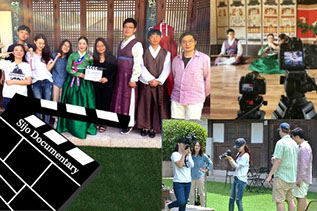 As part of its exploration of the boundaries of sijo as an artistic form/ forms, the editors of Sijo an international journal of poetry and song are working with documentary filmmaker Michael Unger to produce a documentary short. The documentary will be in three parts: part one will document and describe sijo as a musical tradition. Part two will investigate sijo as literary art. The twist and turn of part three will document how contemporary artists around the world are experimenting with sijo to develop new modes of artistic expression, everything from new musical genres to computer-generated, 3D-printed sculpture. Filming has already begun (see the images below). We plan to wrap up production in the winter of 2019-2020 and submit the documentary to a number of international film festivals in 2020, including the Busan International Film Festival (BIFF), the Berlin International Film Festival, the Canadian International Documentary Festival, the Tribeca Film Festival, and the International Documentary Film Festival Amsterdam (IDFA).
As part of its exploration of the boundaries of sijo as an artistic form/ forms, the editors of Sijo an international journal of poetry and song are working with documentary filmmaker Michael Unger to produce a documentary short. The documentary will be in three parts: part one will document and describe sijo as a musical tradition. Part two will investigate sijo as literary art. The twist and turn of part three will document how contemporary artists around the world are experimenting with sijo to develop new modes of artistic expression, everything from new musical genres to computer-generated, 3D-printed sculpture. Filming has already begun (see the images below). We plan to wrap up production in the winter of 2019-2020 and submit the documentary to a number of international film festivals in 2020, including the Busan International Film Festival (BIFF), the Berlin International Film Festival, the Canadian International Documentary Festival, the Tribeca Film Festival, and the International Documentary Film Festival Amsterdam (IDFA).
You can help support us by contributing to our GoFundMe Campaign!
KTI partners with Seagate to preserve Korean texts October 2020
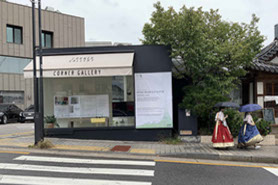
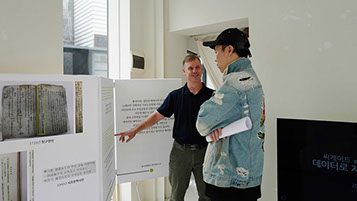
The Korea Text Initiative and Seagate, the maker of computer storage devices, have partnered to help preserve Korean texts. As part of their joint efforts to focus attention on textual preservation and the ways that digital technologies are transforming Korea's textual history, KTI and Seagate organized a gallery exhibition in Seoul that featured a description of how sijo has changed through time. The exhibition has even peaked the interest of the South Korean media.
make your own
Artificial Intelligence solutions!
Mo文oN__AI Authoring
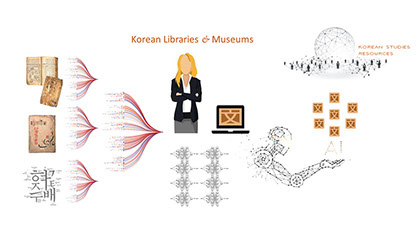
Mo文oN is an artificial intelligence authoring tool. What does that mean, you ask? It means that you too can take advantage of advances in artificial intelligence to enhance your research. Just as anyone can use a program such as Microsoft Word to create a document, anyone can use Mo文oN to create an artificial intelligence solution.

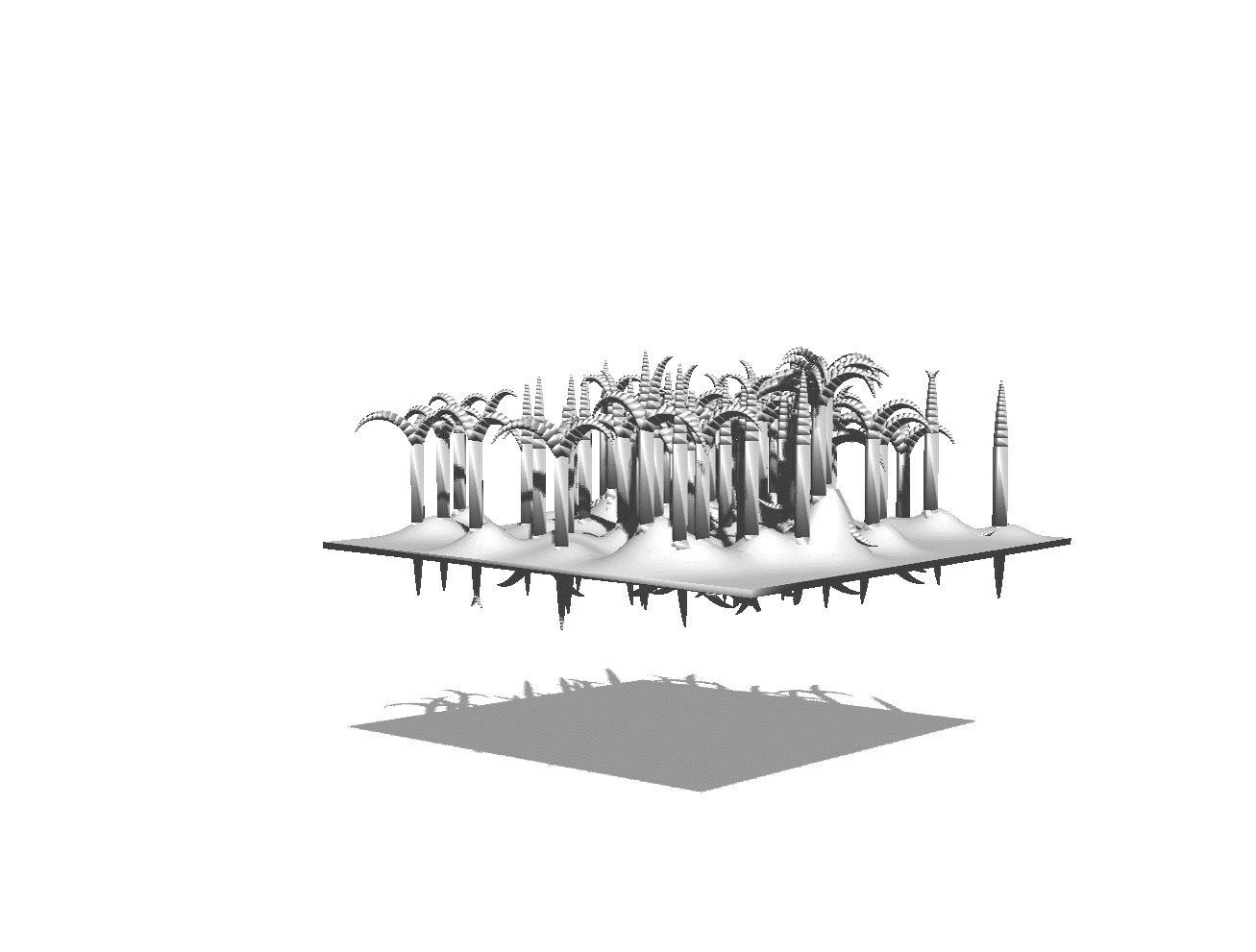
Mo文oN__3D Modeling
The Korea Text Initiative lets artists, content creators, and researchers create meaningful 3D objects from Korean texts (texts in any language actually!) using Mo文oN_3D Modeling. Write a poem, model it in 3D, and print it in silver or gold as pendant for a loved one. Model passages from your favorite novel and transform them into the landscape for the adventure game you are designing. Make your favorite aphorisms into assets for the augmented or virtual reality environment you are building. Please find some versions of Hwang Chin-i's well known "Blue Stream" sijo modeled with Mo文oN_3D Modeling below. Have one printed and sent to you, and support the KTI when you do!
